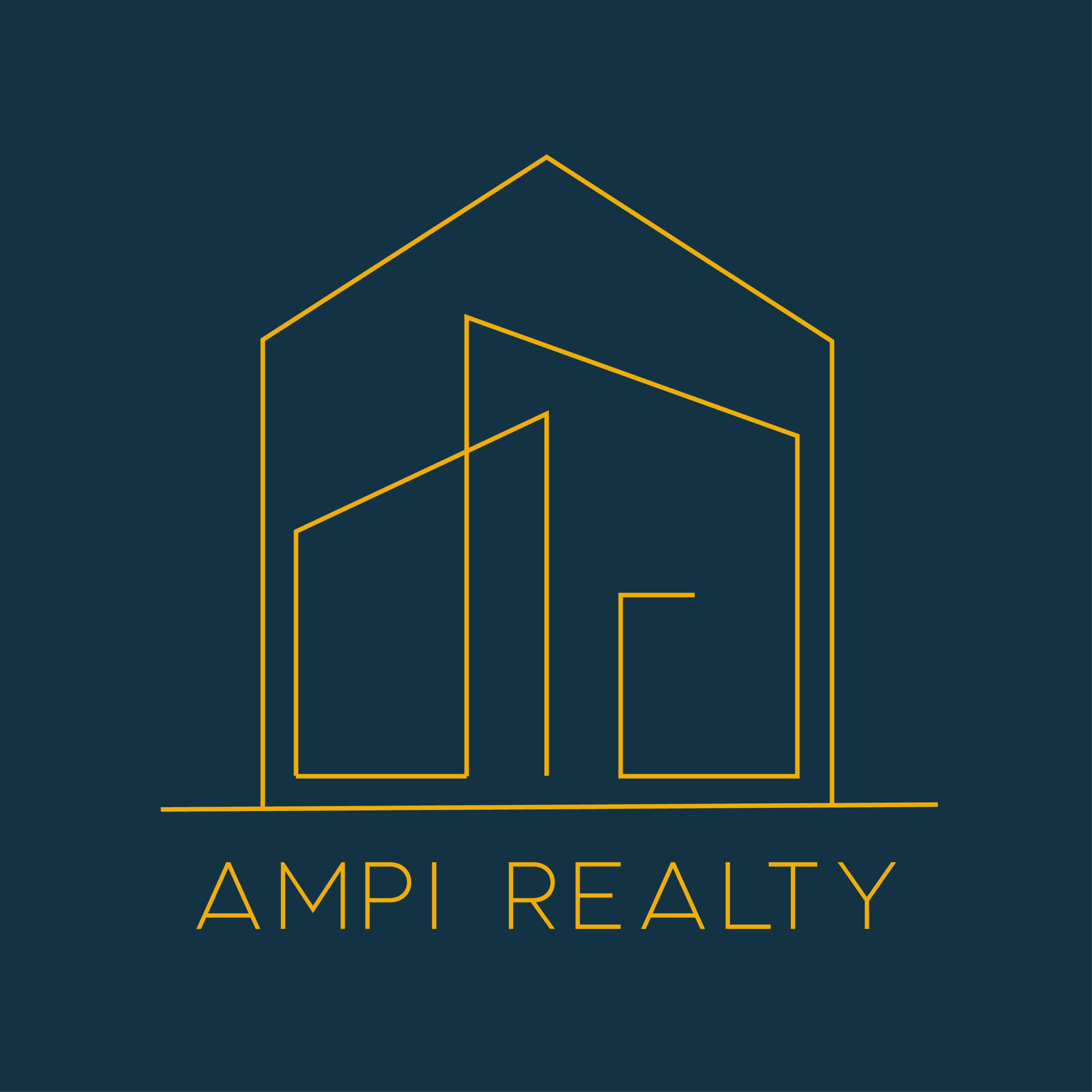How Foreigners Can Buy Property in Mexico
Ownership in Mexico as a foreigner is a relatively straightforward process, but there are some legal and regulatory considerations to remember. Here´s an overview of the most important aspects:
- Restricted and Non-Restricted Zones
Mexico has two types of zones when it comes to property ownership for foreigners:
1. Restricted Zones: There are areas within 100km (about 62 miles) of international borders or 50km (31 miles) of coastlines. In these zones, foreigners cannot own property directly, but they can do so through a bank trust (fideicomiso).
2. Non-Restricted Zones: Any area outside the restricted zones. Here, foreigners can purchase property directly in their names without additional restrictions. - Fideicomiso (Trust)
If you want to buy property in a restricted zone, you can do so through a fideicomiso:
1. Bank Trust (Fideicomiso Bancario): This is an arrangement where a Mexican bank acts as the trustee and holds the title to the property, but as the beneficiary, you have all the rights to use and enjoy the property, including the right to sell or inherit it. The trust is valid for 50 years and is renewable indefinitely. - Purchase Process
The purchase process is similar to that of any other buyer, with some additional steps:
1. Property Search: Find the property you want to buy.
2. Offer and Contract: You make an offer, and if it´s accepted, you sign a purchase contract. At this point, a deposit of 10% of the purchase price is typically required.
3. Obtaining Permission from Secretaria de Relaciones Exteriores (SRE): If you are buying in a restricted zone, you´ll need a permit from the SRE to establish the trust.
4. Trust or Deed: If buying within a restricted zone, the trust is set up with the bank. If not, you proceed directly to the property deed process.
5. Public Notary: In Mexico, a public notary oversees the property transfer process to ensure it is done by the law.
6. Payment of Taxes and Fees: During the purchase, there are acquisition taxes and notary fees that must be paid.
7. Property Registration: Finally, the property is registered with the Public Registry of Property. - Associated Costs
In addition to the purchase price of the property, there are several additional costs:
1. Acquisition Tax: Usually from 2-5% of the total value of the property.
2. Notaty Fees: Typically between 4-7% of the property´s value.
3. Bank Trust Fees: An initial setup fee and annual fee.
